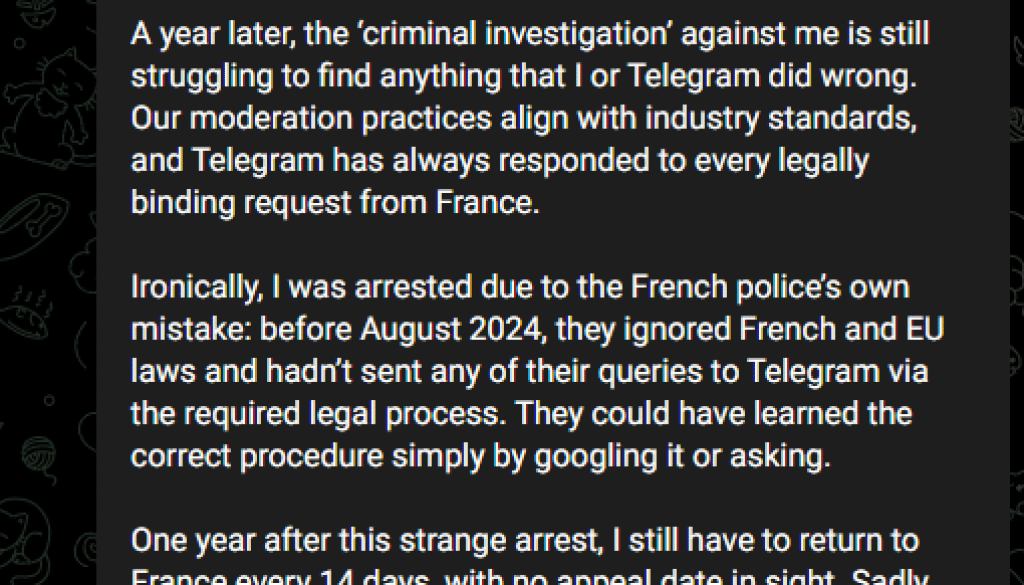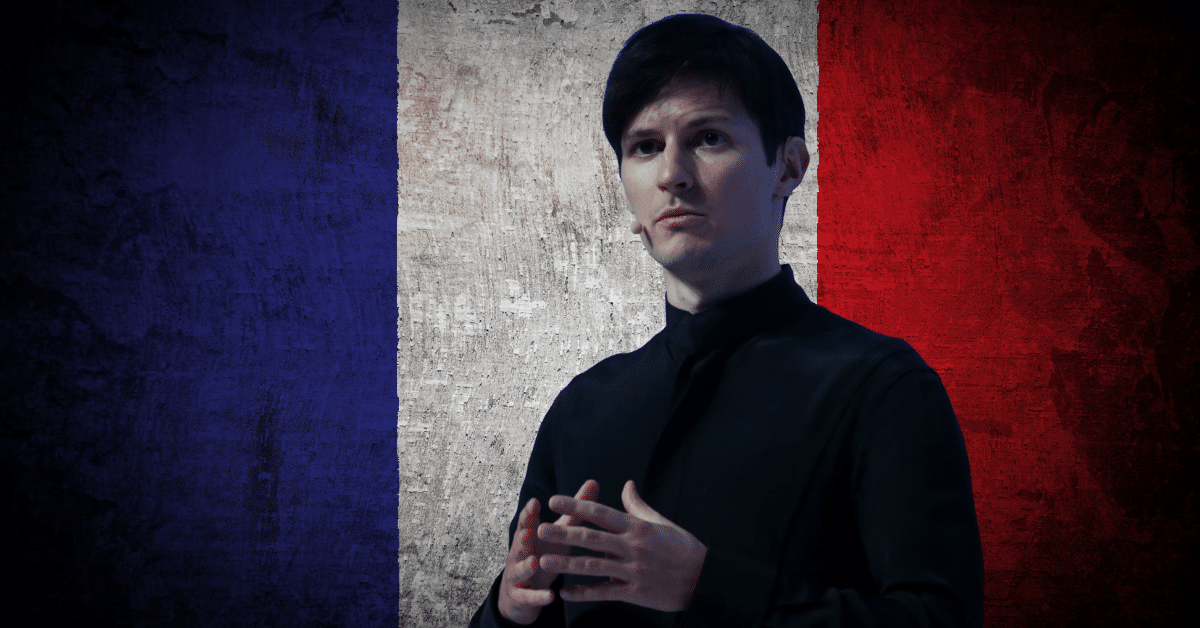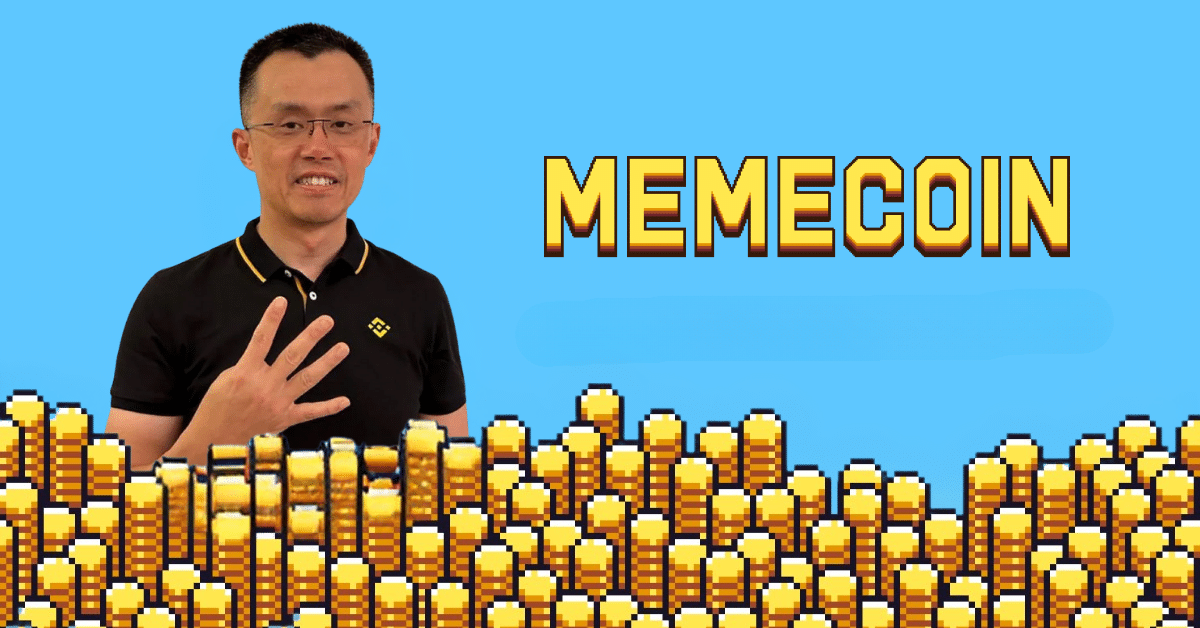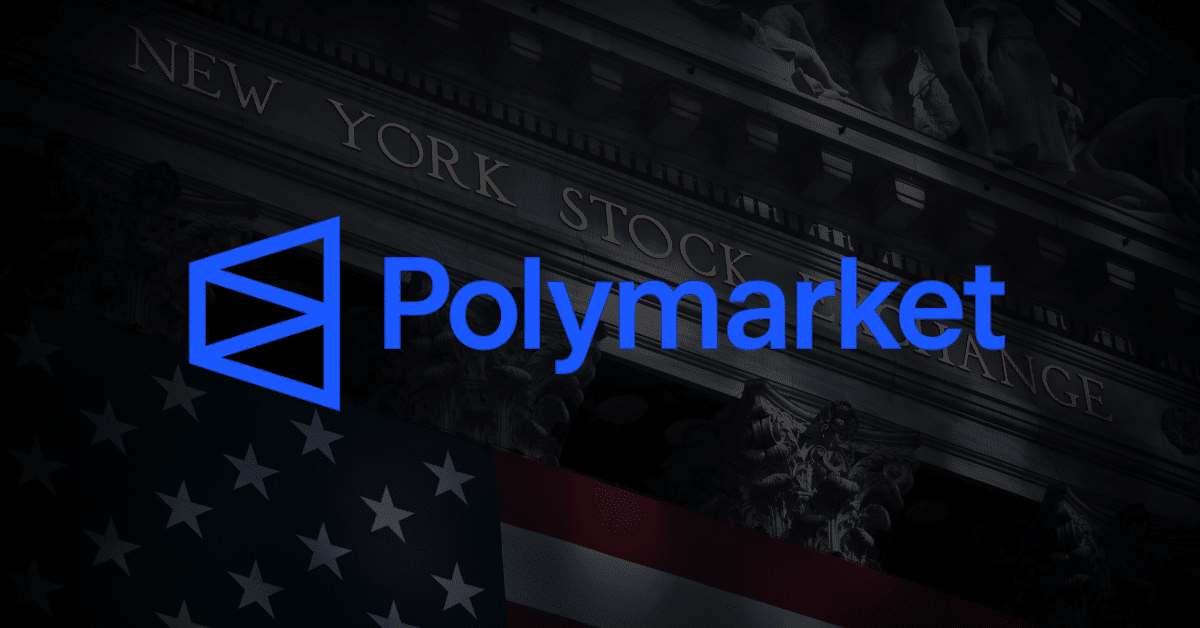Key Takeaways
- Telegram founder Pavel Durov has stated that the French criminal investigation against him is “struggling” to find evidence of wrongdoing, one year after his arrest in August 2024.
- Durov was charged with complicity in a number of crimes, including the distribution of child sexual exploitation material and drug trafficking, for which he claims he is being held accountable for the actions of independent users.
- The ongoing legal case has sparked widespread backlash from the crypto and free speech communities, who view the French government’s actions as an attempt to pressure Telegram into compromising its privacy-centric policies.
A year after his controversial arrest in France, Telegram founder Pavel Durov has issued a scathing rebuke of the French government, stating that the criminal investigation against him is “struggling to find anything” that he or Telegram did wrong.

Durov, who was initially charged and placed under judicial supervision, has been vocal about his frustration with the legal process, which requires him to return to France every two weeks.
A Legally and Logically Absurd Case
Pavel Durov was arrested in August 2024 at Le Bourget Airport and charged with twelve counts, including complicity in the distribution of child exploitation material and drug trafficking.
The charges stem from the French judiciary’s belief that Telegram’s end-to-end encryption and refusal to hand over user data enable criminal activity on the platform.
In a post on Telegram, Durov called the notion that a tech executive could be held accountable for the actions of independent users “legally and logically absurd.”
This stance puts Durov at the center of a global debate over platform responsibility.
However, Durov has repeatedly stated that Telegram will exit a jurisdiction rather than compromise on its core principles of user privacy and free speech.
The Backlash and a Question of Motive
Durov’s arrest sparked a massive backlash from a diverse range of groups, including human rights activists, free speech advocates, and the global crypto community.
Many have accused the French government of using the legal process to apply political pressure, forcing Telegram to abandon its encryption-first model.
French President Emmanuel Macron denied any political motivation, stating that “freedoms are upheld within a legal framework… to protect citizens.”
However, critics like Helius CEO Mert Mumtaz see a clear double standard. He pointed out the absurdity of holding a single tech executive responsible for all crime facilitated on his platform.
The case raises a fundamental question: where does a platform’s responsibility end and an individual user’s responsibility begin?
As governments around the world seek to regulate and control digital communication, the outcome of Durov’s case could set a significant precedent for tech executives everywhere.
Final Thoughts
The protracted legal battle between Pavel Durov and the French government is more than just a dispute over content moderation; it is a clash of ideologies. The case’s slow pace suggests the difficulty of fitting a decentralized platform into a traditional legal framework. The outcome will not only determine Durov’s fate but could also shape the future of encrypted communication and digital freedom.
Frequently Asked Questions
Why was Pavel Durov arrested in France?
Pavel Durov was arrested in France and charged with complicity in crimes like drug trafficking and the spread of child sexual exploitation material, for which French authorities believe his platform is responsible.
What are the core issues in the case?
The case pits the French government’s demand for platform cooperation and content moderation against Telegram’s policy of not compromising user privacy by providing encryption keys or building backdoors.
What does Durov mean by a “legally and logically absurd” case?
Durov argues that holding him personally accountable for the actions of independent users on his platform is an unjust legal and logical premise, as his company cannot control every piece of content that is shared.



























